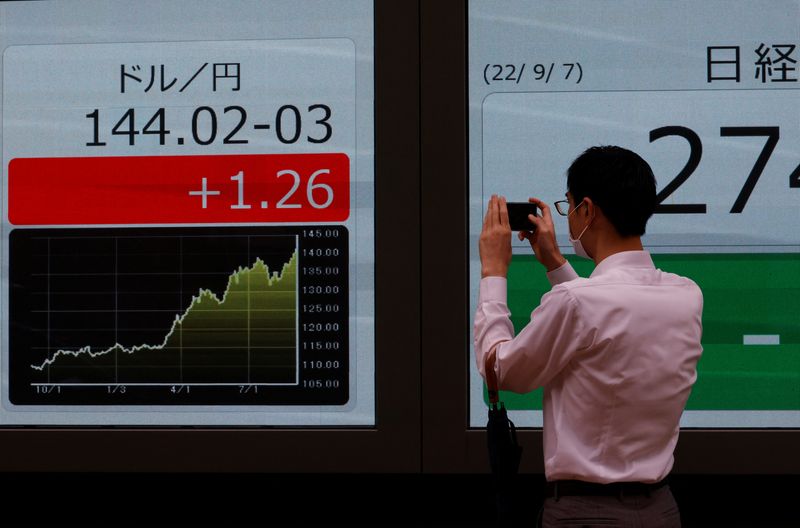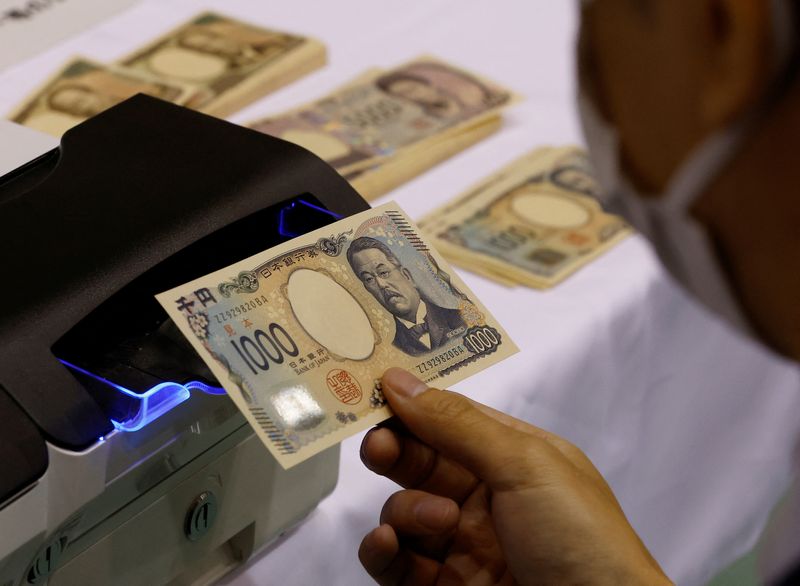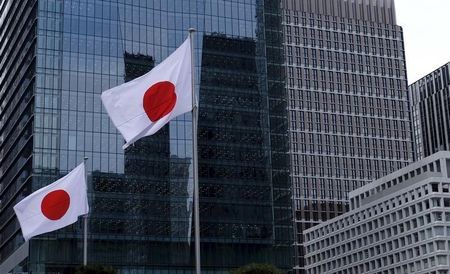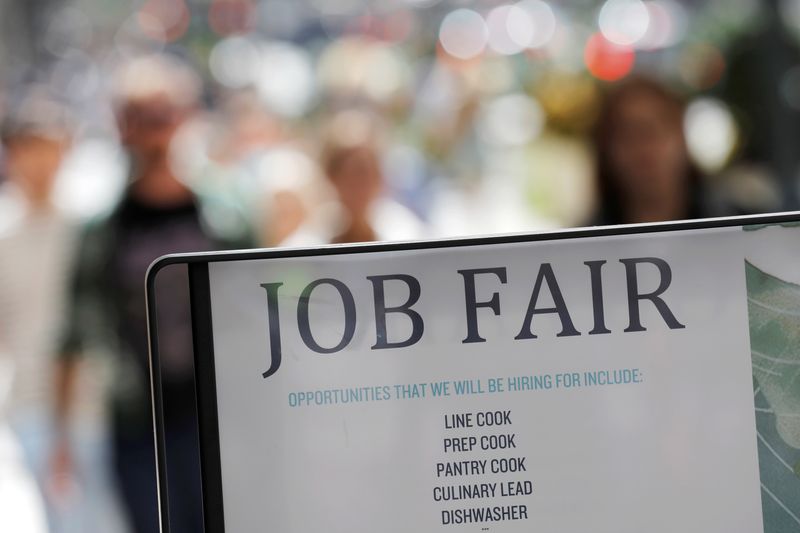Japan Takaichi says BOJ rate decisions must align with govt goal
NeutralFinancial Markets
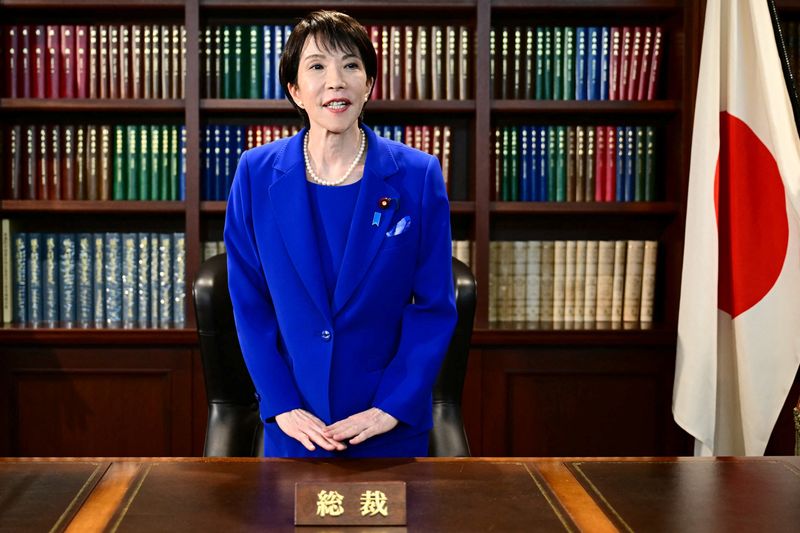
Japan's Minister of Internal Affairs, Takaichi, emphasized the importance of aligning the Bank of Japan's (BOJ) interest rate decisions with the government's economic goals. This statement highlights the ongoing dialogue between government policy and central bank independence, which is crucial for maintaining economic stability and growth in Japan. As the country navigates post-pandemic recovery, such alignment could influence investor confidence and market reactions.
— Curated by the World Pulse Now AI Editorial System
